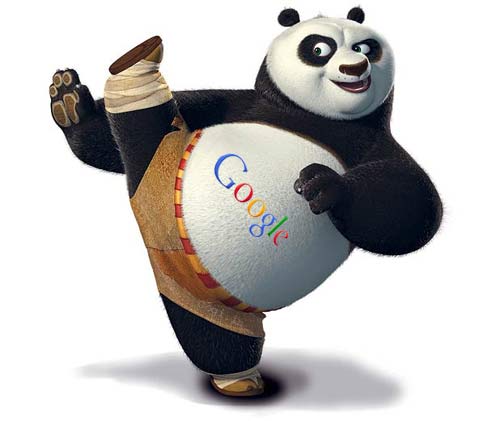If, over the past month, you have been victim of one of Google’s search updates then you are in good company. In what must be the hardest SEO hammering yet, Google updated its Panda update and introduced a new set of penalties (the so-called Penguin update) five times inside four weeks.
The result is that many websites have dropped off the index, a lot of spam has disappeared (a good thing) and some legit websites have been hammered (a bad thing). In the greater scheme of things which is Google, we have seen turbulence like this before though not quite of this magnitude or so many updates carried out so close together.
This means that something new is happening and it signals the beginning of a new era in search. Hyperbole aside what is happening is that Google is preparing for the launch of semantic search and it is making us all pay the price for the noise we have been seeing in the search results until now.
If you want to see the difference between what we have and where we are going, carry out this little experiment. Go over to Google search and type in the search box the search term: “Works of Michael Angelo”. You will get, right there, on the search page, a list of all his major works. No search, no spam, no visiting websites and coming back. Just the answer.
Search is changing from a bunch of links on a page to a bunch of links in a page plus a whole lot of answers. Under the hood it is going from guesswork (links based on relevance) to computation (answers based upon intelligent calculations) and that is about as big a deal as you are ever going to get this century.
Search is how we navigate the web, so to change it risks upsetting the results we expect to find. Yet this is exactly what Google has done in a move designed to maintain relevancy (and dominance) in search for decades to come. By moving to semantic search Google is beginning to gradually enrich its index with the kind of data which allows it to recognise the associative value of words. This makes search harder to game and faster when it comes to delivering results. It should also make it more relevant in terms of search queries, though, at first, we should expect to see at least the odd hiccup.
Where does this leave webmasters looking to SEO their websites? Well, here’s the catch, in terms of SEO little has changed which was not true after the Panda and Penguin updates. High quality content, widely socialized is still what you should be doing. The rest is left to Google and semantic search.
Google started out life hoping to some day build a search engine which would be capable of guessing what we think as we type the search query in the search box. Well, we are not there yet but this is the first real step towards that direction and it has already been taken.
About David Amerland
David Amerland is the author of ‘The Social Media Mind’ and the best-selling ‘SEO Help’, ‘Online Marketing Help’ and ‘Brilliant SEO’. His books on online marketing, SEO and the social media revolution have helped thousands of entrepreneurs build successful online businesses. When he is not busy writing he advises companies and start ups on social media strategy and gives talks about the social media revolution on the web. He maintains his own blog at http://helpmyseo.com where you can find practical SEO and social media advice and spends more time online than is probably healthy. You can follow him on G+ or @davidamerland.














